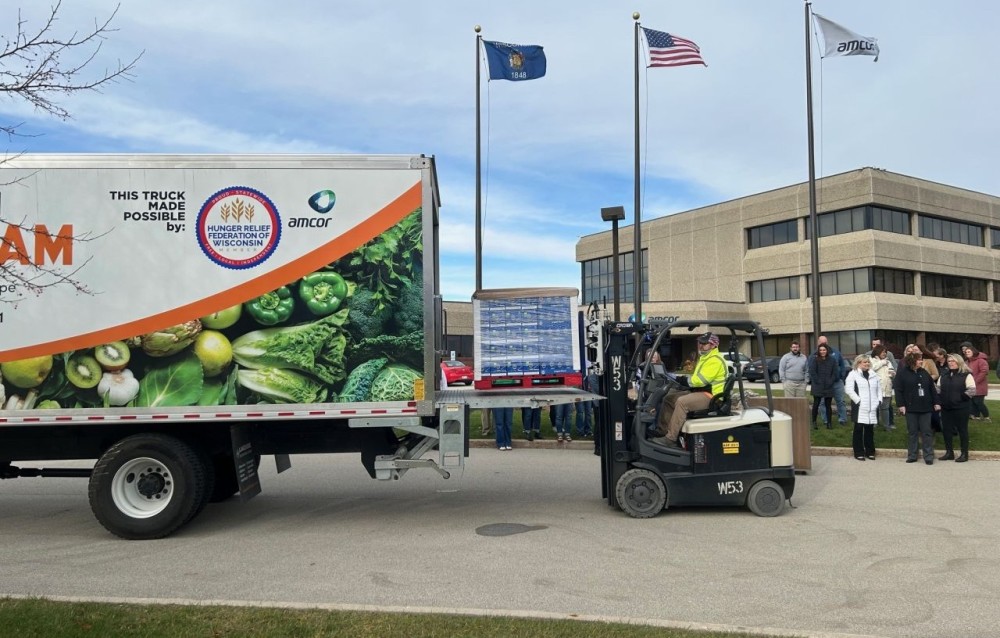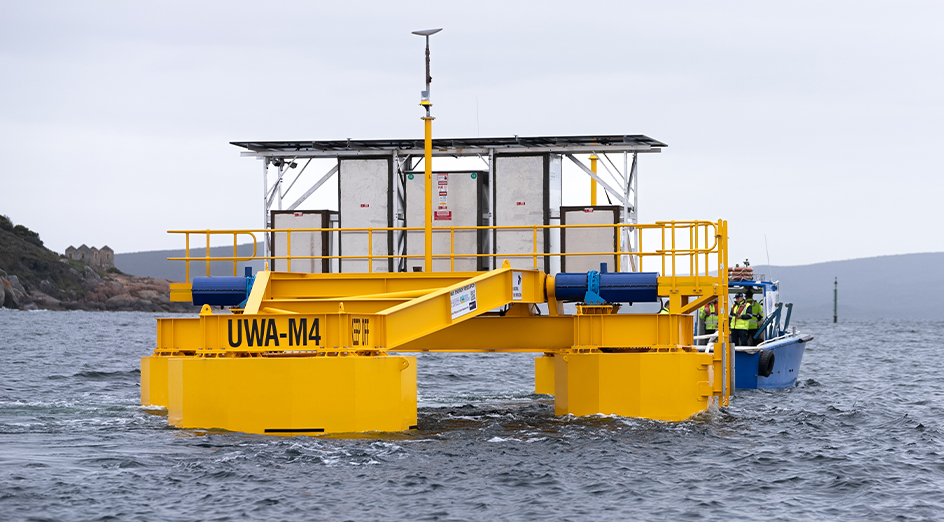Combat engineers at 3rd Combat Engineer Regiment (3CER) will soon welcome a fleet of combat engineering vehicles, based on the M1 Abrams tank chassis, which can clear minefields at the push of a button or deploy a bridge in minutes.
Up to 29 assault breacher vehicles (ABVs) and 17 joint assault bridges (JABs), collectively known as combat engineering vehicles, are set for delivery starting as early as March, following recent qualification in the US of more than 20 3CER and School of Armour sappers and troopers.
Fitted out with dozer blades, mine rollers and ploughs, the assault breacher vehicle also carries two rocket-propelled explosive line charges, or MICLICs, fired forward to clear an eight-metre-wide path through minefields.
The joint assault bridge – a turretless Abrams carrying a massive folded-up steel bridge – can be deployed over land or water, and is capable of supporting all Army vehicles.
Both combat engineering vehicles will be crewed by sappers, marking the first time soldiers outside of Armoured Corps will operate a vehicle based on the Abrams chassis.
Sapper Conrad Davidson was one of those in the US completing the Combat Engineer Heavy Track Course in Missouri.
Sappers learned to operate the different attachments and drive the vehicles across rough terrain.
‘[The assault breacher vehicle] minimises the need to go out on foot and breach manually with explosives.’
Sapper Davidson said getting behind the wheel gave him an appreciation for handling the 72-tonne, 12-metre breaching behemoth.
“The ABV is heavy and just very long; you can definitely whack down trees and cause a bit of collateral damage if you’re not careful,” Sapper Davidson said.
“The JAB is about two-and-a-half tonnes lighter, a lot faster and zippier but very top heavy.”
He said the bridge could be deployed in just a few minutes, but care was needed.
The new vehicles will enhance the regiment’s combat engineer mechanised capability as they support the 3rd Brigade’s transition to the Armoured Amphibious Brigade.
Sapper Davidson believes the assault breacher vehicle will make the job safer.
“It minimises the need to go out on foot and breach manually with explosives,” he said.
“We can plough the ground after we’ve explosively and remotely breached a minefield. If there are any leftover mines, the plough is going to cop the brunt of the explosion and we can keep pushing through.”
The first vehicles will be delivered to the School of Armour where the US and UK will assist in delivering the first training package for combat engineers to establish the Army’s first Armoured Engineer Squadron.
3CER is expected to receive the vehicles mid-2025.








